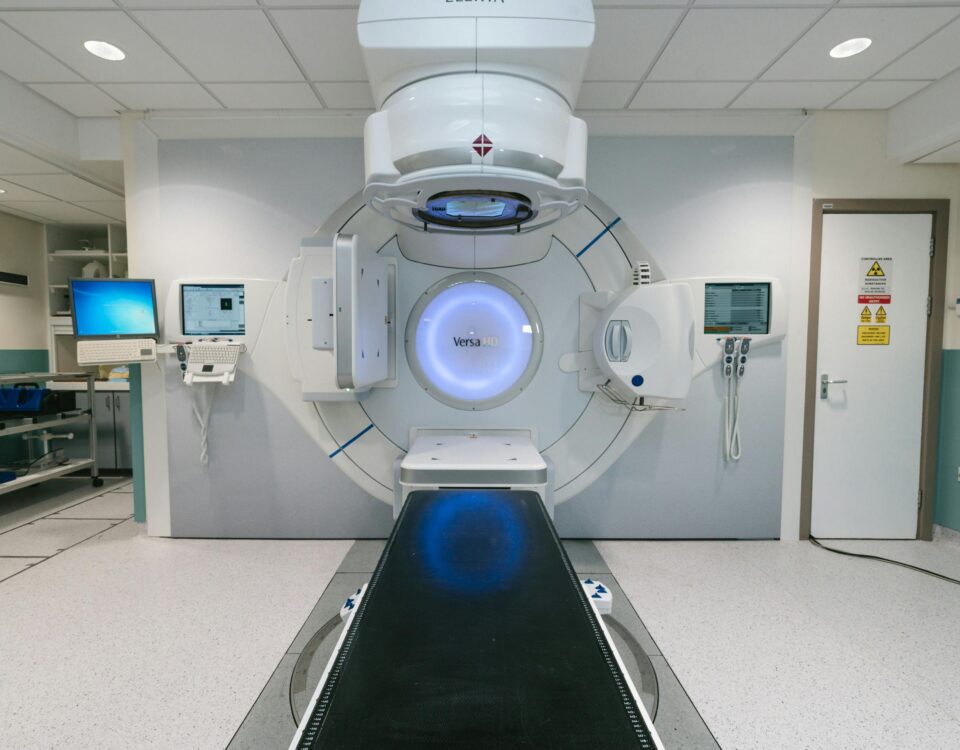
How to Prevent Neck Pain from Long Hours at a Computer
September 30, 2025
Ingrown Toenail Treatment: Preventing Complications
October 1, 2025Family practice physicians provide comprehensive care for individuals and families, managing a wide range of health conditions and illnesses. This approach supports continuous care throughout a person’s life. It also fosters lasting patient-doctor relationships. Here are some key factors that make a family practice an essential service:
Comprehensive Patient Care
A family practice often serves as the first point of contact for healthcare, providing support for patients of all ages. Physicians manage acute illnesses, such as coughs, colds, and the flu, while also monitoring and treating chronic conditions, including high blood pressure. By addressing both immediate and long-term health needs, family practice offers a coordinated and integrated approach to care.
This broad scope allows patients to receive guidance for a wide range of medical concerns through a single provider. All health needs are organized and tracked in a single, central location, which simplifies the healthcare process. The result is a more streamlined experience that helps patients navigate their care efficiently and consistently.
Long-Term Health
Family physicians emphasize long-term wellness by monitoring patients’ health over time. Annual physicals help identify potential health concerns early, allowing for timely interventions. They also provide services such as weight management programs, which support patients in achieving and sustaining a healthy lifestyle. This preventive approach contributes to overall well-being and encourages lasting health habits.
Managing Many Conditions
Family doctors are trained to address a broad spectrum of health conditions, making them a versatile and central resource for family health. Their extensive medical knowledge allows them to manage both common and complex concerns, providing care for patients of all ages.
- Sick Visits
- Annual Physicals
- Cough, Colds, and Flu
- High Blood Pressure, High Cholesterol
- Weight Management
By offering these services within a single practice, family physicians create a coordinated approach to healthcare. Patients benefit from continuity of care, where both acute and chronic conditions are monitored and managed over time. This comprehensive structure supports overall wellness for individuals and entire families.
Building Patient Relationships
The nature of family practice encourages strong connections between patients and doctors. Physicians often care for multiple generations within the same family, allowing them to develop a thorough understanding of a family’s health history. These long-term relationships foster trust and improve communication, making patients more comfortable sharing their concerns. Over time, this familiarity can contribute to more personalized and effective care.
Holistic Health Approach
Family practice physicians frequently take a holistic approach, considering the whole person rather than focusing solely on individual symptoms. This perspective often incorporates a combination of conventional and alternative methods, offering a more comprehensive understanding of health. By evaluating multiple aspects of a patient’s lifestyle and medical history, physicians can tailor care to individual needs.
Addressing both physical and emotional well-being enables this integrative approach to provide a more comprehensive picture of a patient’s health. It can identify underlying factors that might otherwise go unnoticed, supporting long-term wellness. Overall, this approach contributes to improved quality of life and sustained health outcomes.
Choose Family Practice Central Point
A family practice provides a steady source of medical care over time. Physicians manage both short-term illnesses and long-term conditions within the same setting. This continuity supports consistent treatment and simplifies the healthcare process. The approach helps create stability in managing a family’s overall health needs.





